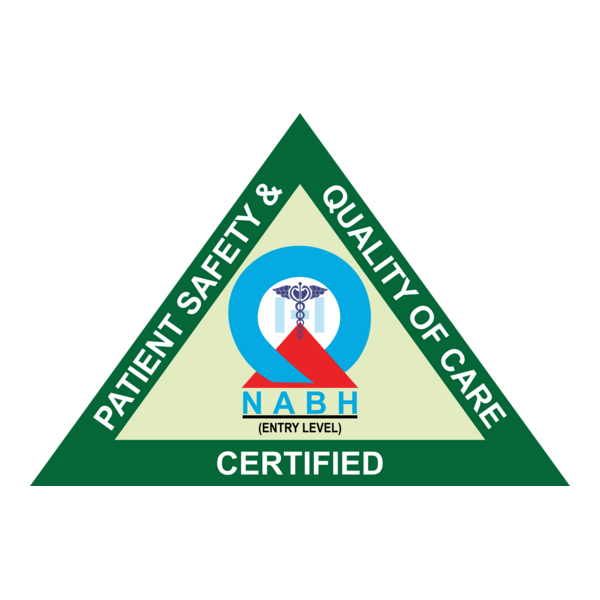Throat Cancer Screening
Definition
Throat cancer screening involves medical examinations and diagnostic tests to detect early signs of cancerous or precancerous changes in the throat, voice box (larynx), or surrounding tissues. Early screening allows for timely treatment and better recovery outcomes.
Purpose of Throat Cancer Screening
To identify early cancerous or precancerous tissue changes
To prevent progression of throat cancer through early intervention
To improve chances of successful treatment and survival
To provide reassurance and promote overall throat health
Types and Methods of Screening
Physical Examination
ENT specialist checks throat, neck, and lymph nodes
Evaluation of persistent hoarseness, sore throat, or lumps
Endoscopic Examination
Flexible or rigid laryngoscopy to visualize throat and larynx
Detects abnormal growths or suspicious lesions
Imaging Tests
CT scan, MRI, or PET scan for detailed visualization
Helps assess spread or stage if abnormalities are found
Biopsy
Tissue sampling of suspicious growths
Confirms diagnosis of cancer or precancerous changes
Post-Screening Care
Guidance on further treatment if abnormalities are detected
Lifestyle advice for prevention (quit smoking, alcohol moderation)
Regular follow-ups for high-risk patients
Monitoring of throat health to detect any recurrence early
Benefits of Throat Cancer Screening
Detects cancer at an early, more treatable stage
Improves survival rates and treatment outcomes
Reduces risks of advanced complications
Provides peace of mind and promotes preventive throat care


